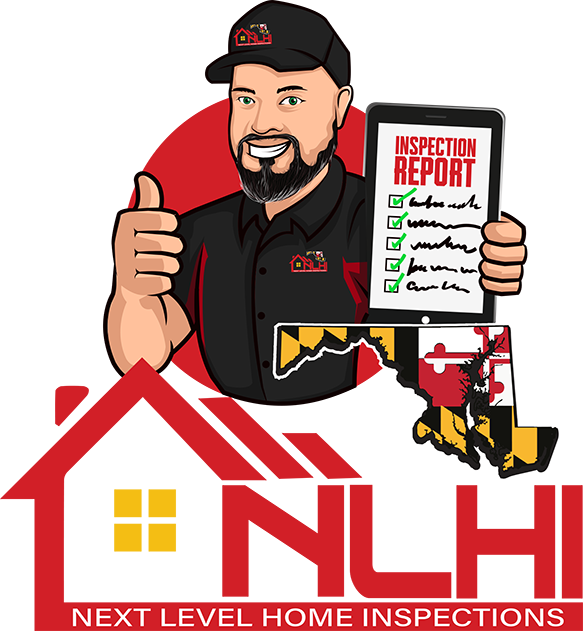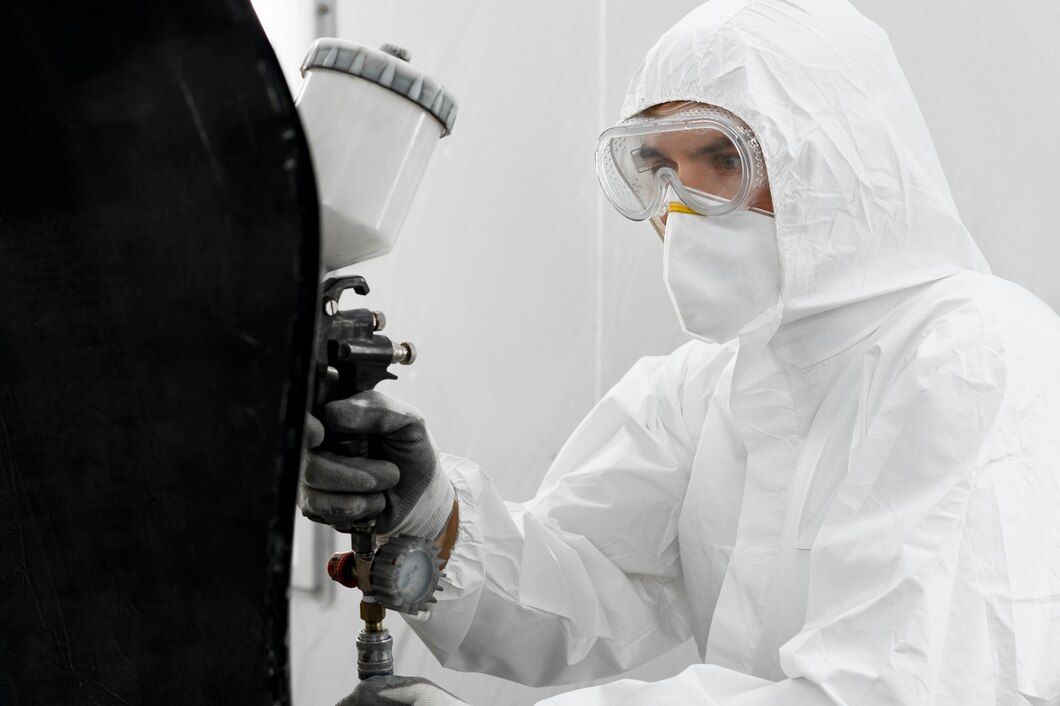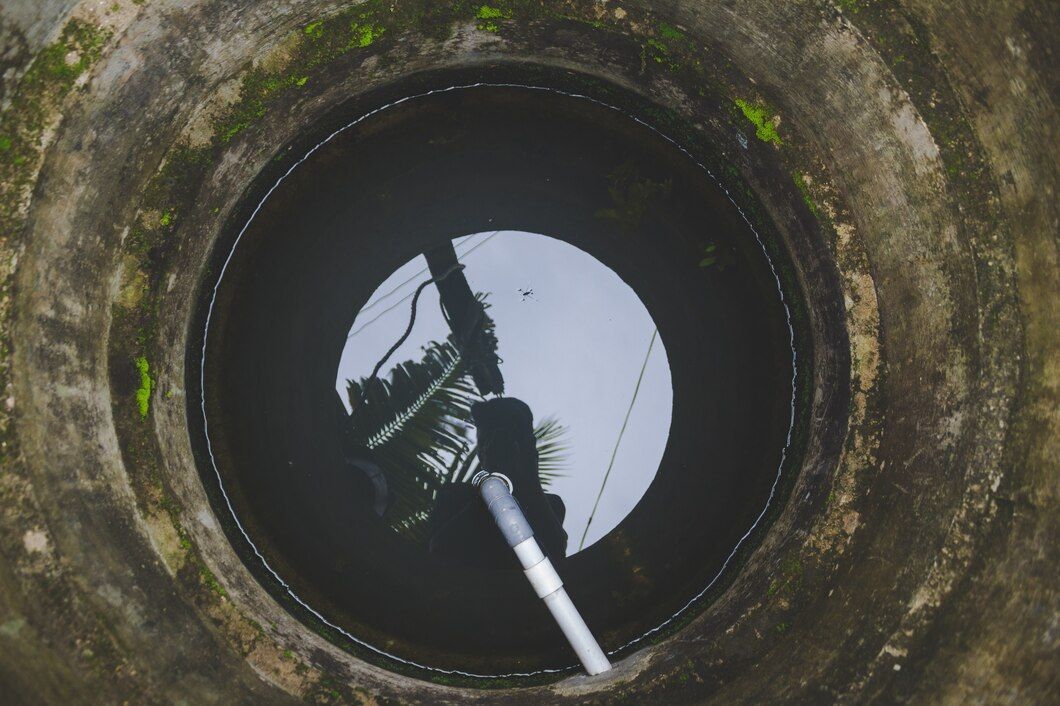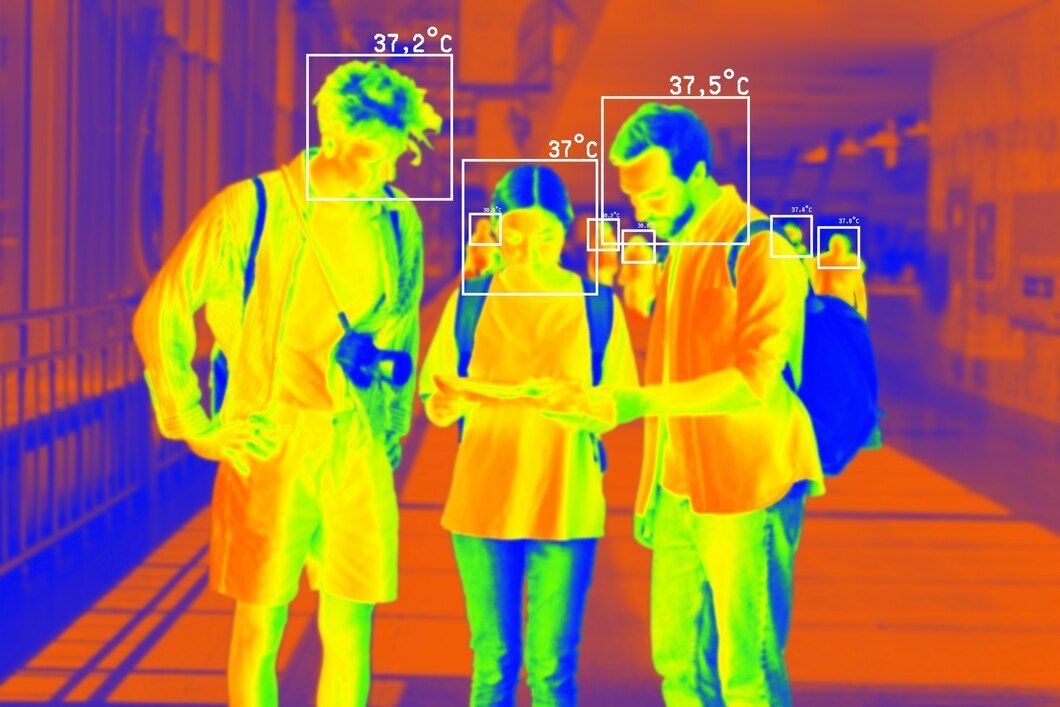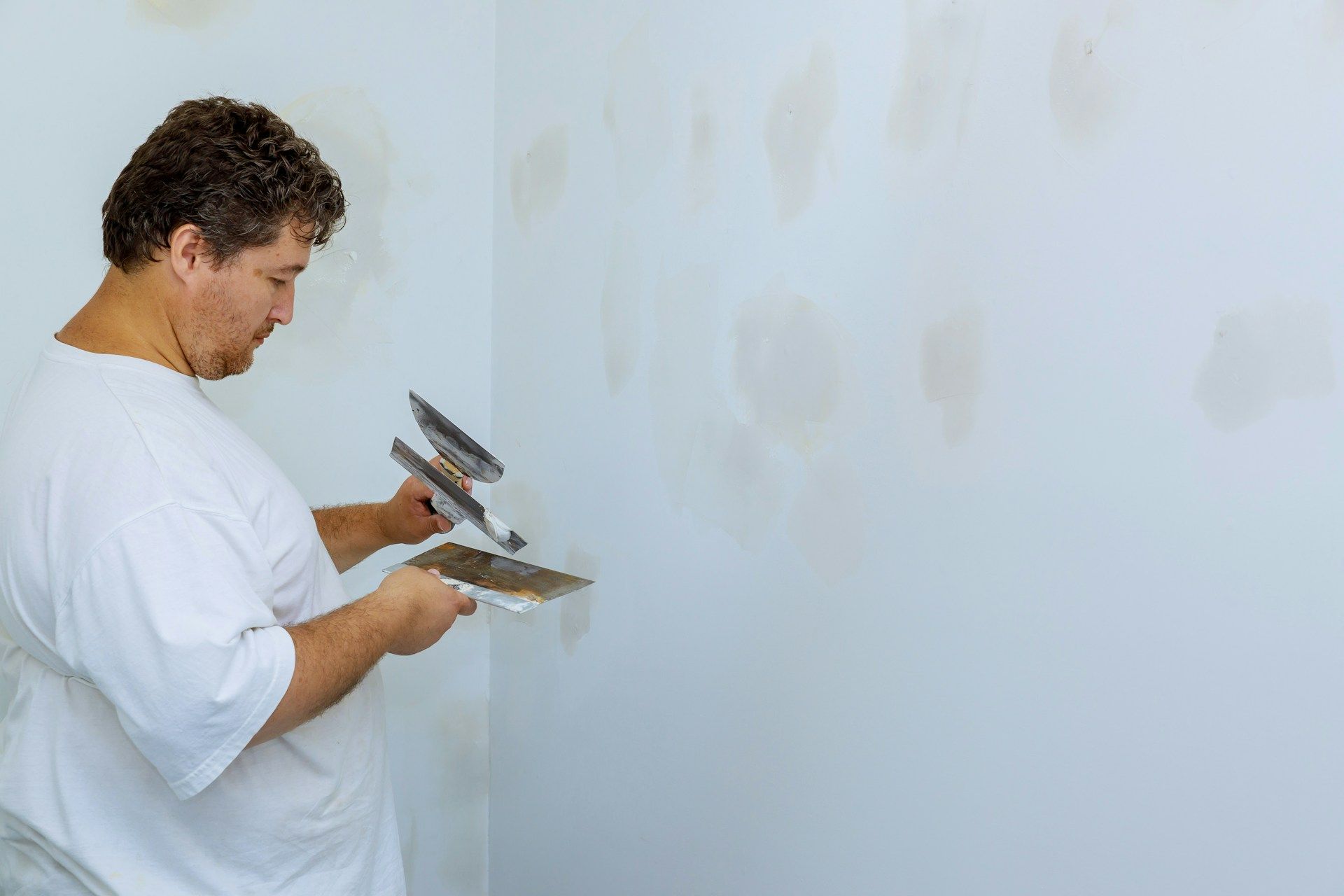Septic Inspections: A Crucial Step in Homeownership
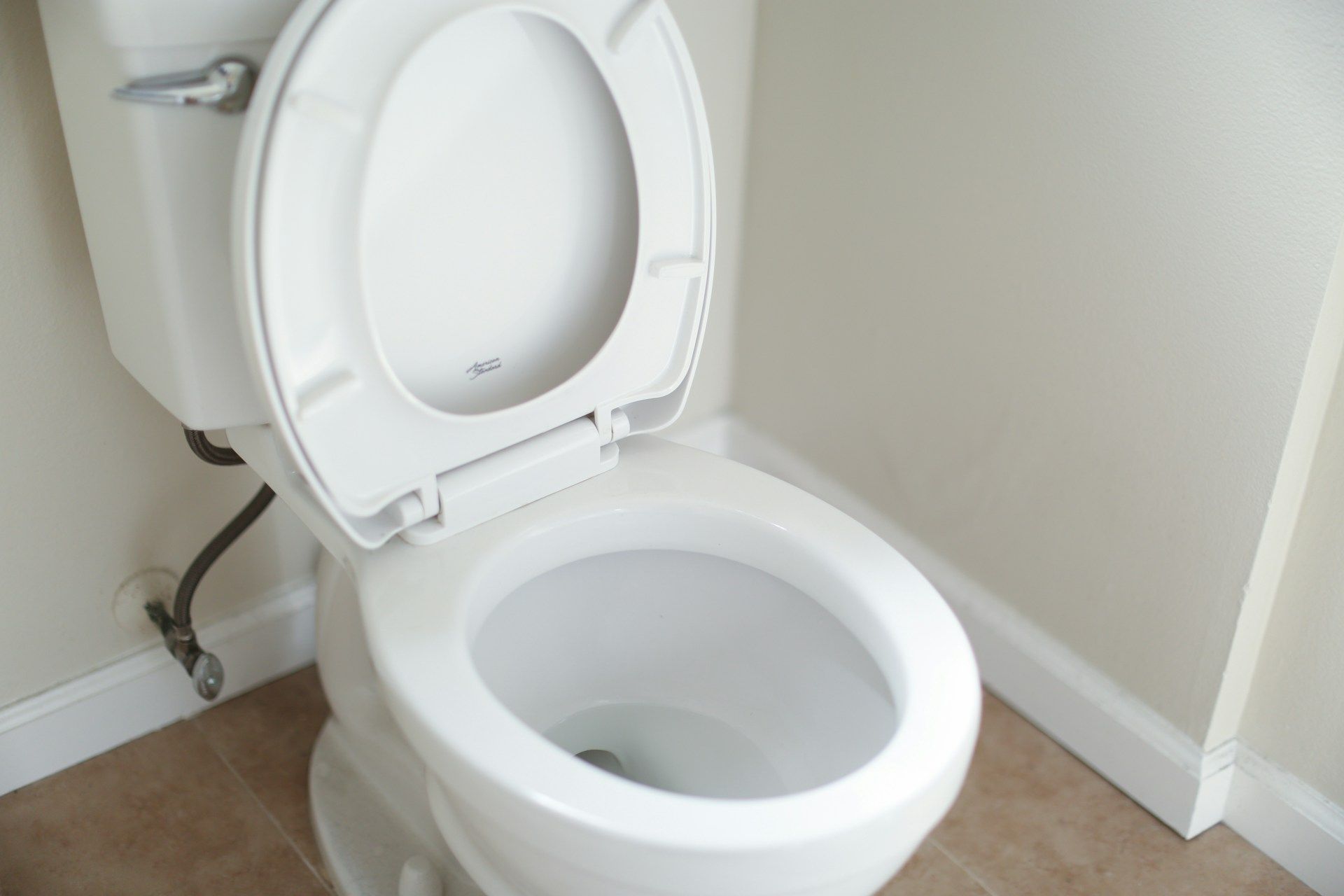
As a responsible homeowner or potential homebuyer, it's crucial to ensure that your property is in working order and free of sanitary risks. One often overlooked yet essential aspect is the septic system. Septic inspections are critical in guaranteeing that your plumbing and sanitation systems function correctly and are in compliance with local regulations. In this comprehensive guide, we delve into the world of septic inspections. We will explain the importance of these inspections for both homebuyers and homeowners in Maryland and discuss what to expect during the process.
Septic systems are an integral part of rural and suburban homes in Maryland and across the country. They handle wastewater, treat it, and release it back into the ground, making them a vital component for ensuring hygiene and sanitation. A well-functioning septic system is also crucial in protecting the environment and the health of residents, as improper treatment and disposal of wastewater can lead to contamination of water sources, such as wells and nearby streams.
An Overview of Septic Systems
Before diving into septic inspections, it's essential to understand the septic system's basics. A septic system is an on-site sewage treatment system that serves properties not connected to municipal sewage systems. A standard septic system is made up of two primary components: the septic tank and the drain field. The septic tank collects and temporarily holds wastewater from the home, while the drain field treats the wastewater through a natural filtration process, ensuring that water released back into the environment is clean and safe.
Importance of Septic Inspections for Homebuyers
1. Identifying Potential Problems
For potential homebuyers, one primary reason for conducting a septic inspection is to identify any existing or potential issues with the system. A malfunctioning or poorly maintained septic system can lead to significant problems, including costly repairs, water contamination, and potential health risks. Recognizing these issues during the home-buying process allows you to make informed decisions about the property, ensuring a wise investment and a safe living environment.
2. Negotiating Points in Real Estate Transactions
If a septic inspection reveals any issues with the system, homebuyers can use this information to negotiate with sellers, either by requesting repairs be made before the sale is finalized or by adjusting the asking price of the property to offset the cost of necessary repairs.
3. Compliance with Local Regulations
Depending on the jurisdiction, Maryland may require a septic inspection before any property sale occurs. This requirement helps protect both the buyer and the environment, ensuring that all homes with septic systems meet local regulations and guidelines for sanitation and safety.
Necessity of Septic Inspections for Homeowners
1. Preventative Maintenance and Early Detection
Regular septic inspections assist homeowners in catching issues early before they escalate into more significant problems. By identifying minor issues and addressing them promptly, homeowners can avoid expensive repairs or potential septic system failures, preserving the property's value and a safe living environment.
2. Compliance with County Regulations
In some Maryland counties, periodic septic inspections are required by law to ensure the proper functioning of septic systems and protect the environment. Homeowners must stay informed and adhere to these regulations to maintain a compliant and safe home.
What to Expect During a Septic Inspection
A septic inspection typically falls into two categories: visual inspections and full inspections. While the scope of the inspection varies based on these categories, the goal remains the same – ensuring a properly functioning septic system.
1. Visual Inspections
A visual inspection is a quick evaluation involving an inspector running water in the home and assessing the home's plumbing components such as toilets, faucets, and drains, while also checking the septic tank and drain field for any visible issues. It's important to note that visual inspections are less comprehensive and may not reveal hidden issues - they are most suitable for routine homeowner checkups.
2. Full Inspections
Full septic inspections, on the other hand, are more detailed and require the inspector to inspect the septic tank and its components, measure sludge and scum levels, and confirm that the drain field is correctly receiving and treating wastewater. This type of inspection is more comprehensive and required when buying or selling a property with a septic system.
Choosing the Right Septic Inspection Service Provider
When searching for a septic inspection service provider, consider factors such as experience, credentials, and expertise in septic systems. The right service provider should have a thorough understanding of septic system components and local regulations, be able to provide comprehensive inspection services, and efficiently communicate their findings to you.
Prioritize Septic Inspections for a Safe and Secure Home
Septic inspections are an indispensable aspect of responsible homeownership and a necessary step for potential homebuyers in Maryland. Conducting regular septic inspections helps preserve the value and safety of your home, protect the environment, and ensure compliance with local regulations. Whether you are looking to buy a home or maintain your current property, a meticulous septic inspection is an investment in the long-term health and functionality of your home's sanitation system.
Take the essential step in safeguarding your property today by scheduling
home inspections in Maryland with Next Level Home Inspections. Our experienced inspectors will guide you through the process, providing valuable insights into your septic system's condition. Secure your home's sanitation system and protect your investment – reach out to us now.
Next Level Home Inspections is a family owned and operated business capable of providing full home inspections in Maryland that include radon and water testing as well as drone and thermal imaging.
NAVIGATION
Next Level Home Inspections is a family owned and operated business capable of providing full home inspections in Maryland that include radon and water testing as well as drone and thermal imaging.
NAVIGATION
LOCATION
